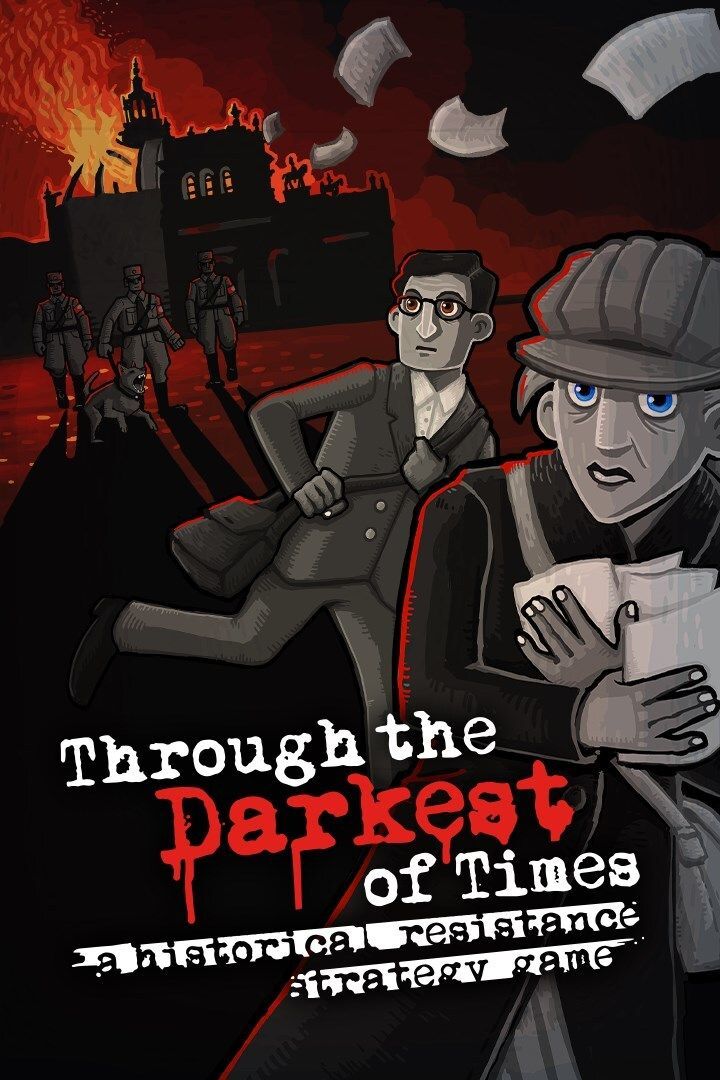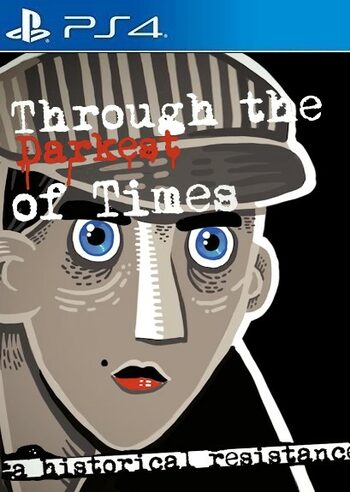

This feeling of passivity is reinforced by Through the Darkest of Times’ gameplay. Even if the game offers you chances to take action, most of the time you have to stick with being reactive, if not passive, if you want to keep morale up and live to see the next day. There’s the odd opportunity to carry out bigger acts, like spraying graffiti on a wall, gathering intel to hand off to spies from other countries, or, if you’re lucky, blowing up a bomb somewhere, but for the most part, you and your group are just struggling to get by. Rather, you start the game as a single, ordinary person, and you have to recruit new members to your underground group so that you can perform such radical acts as meeting potential supporters at a school or a church, or going to a wedding to raise money to keep your operations going. This is no Saboteur, giving you a hands-on opportunity to shoot down Nazis wherever you may find them.

What sets Through The Darkest of Times apart from most other WWII games is in how mundane it is. There are surely some more depressing topics for a game to tackle, but I can’t think of what they might be off the top of my head.

It’s about the German resistance in World War II, and it’s pretty unflinching in its portrayal of everyday life in Berlin during Hitler’s rise to power. As you can probably guess from its name, Through the Darkest of Times isn’t exactly a happy game.


 0 kommentar(er)
0 kommentar(er)
